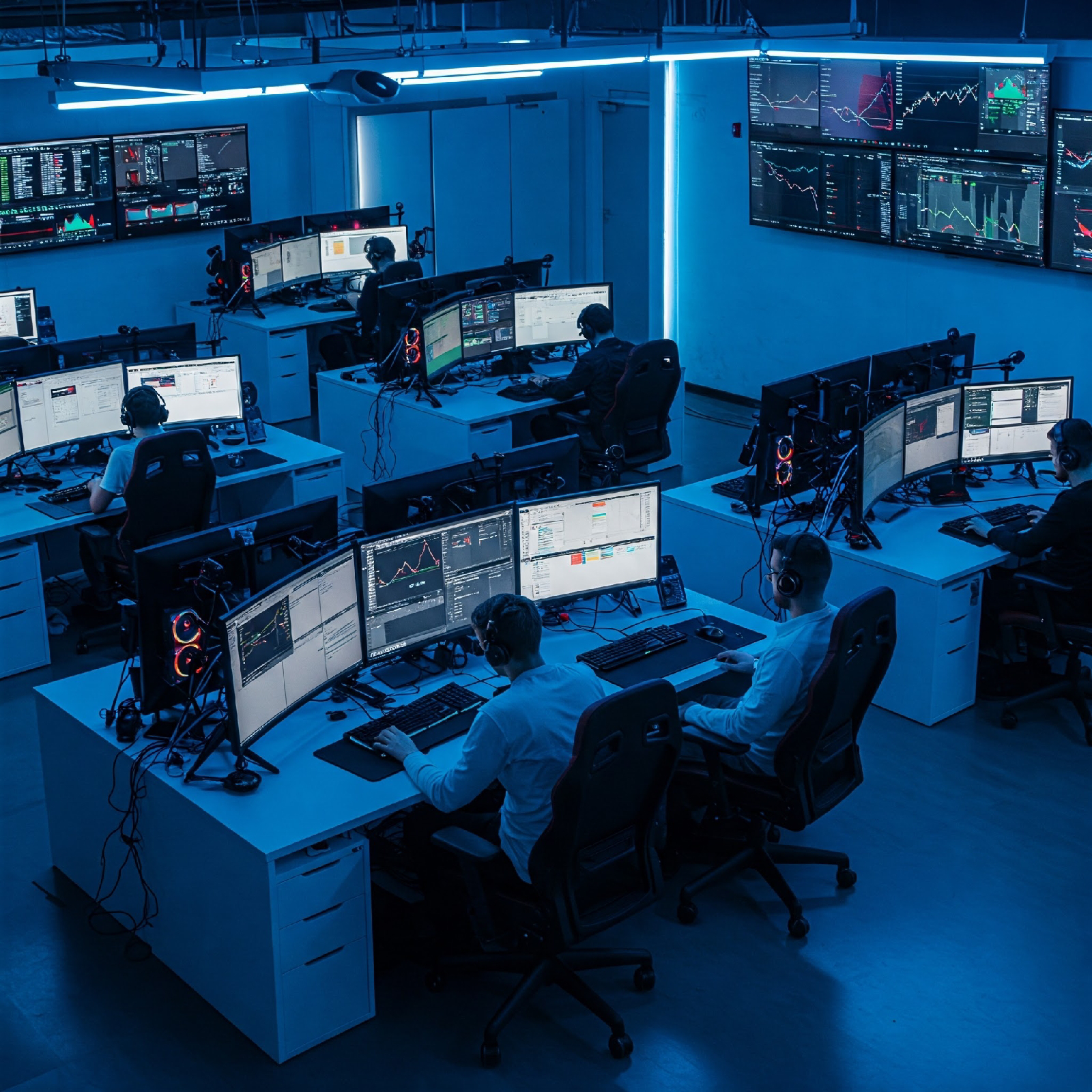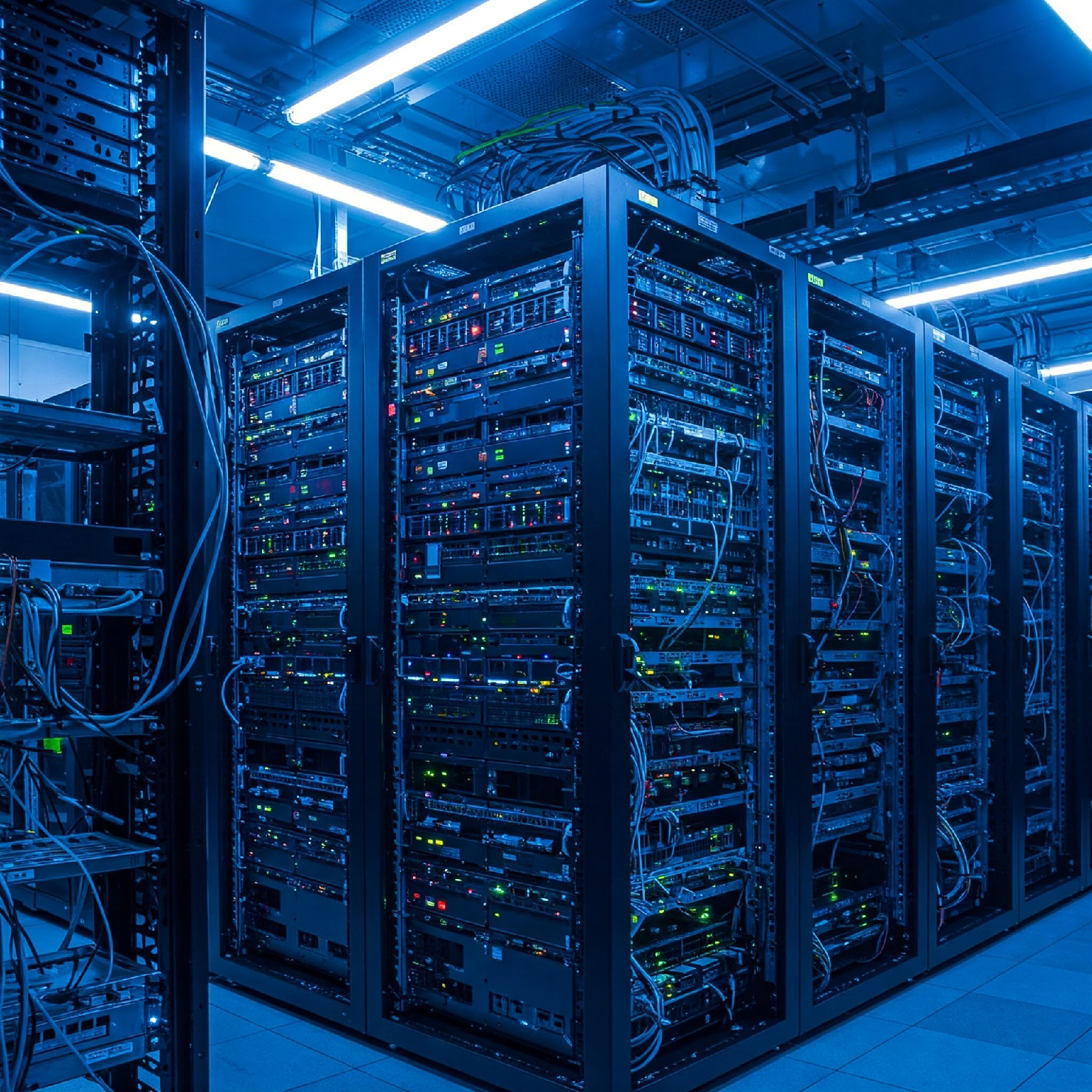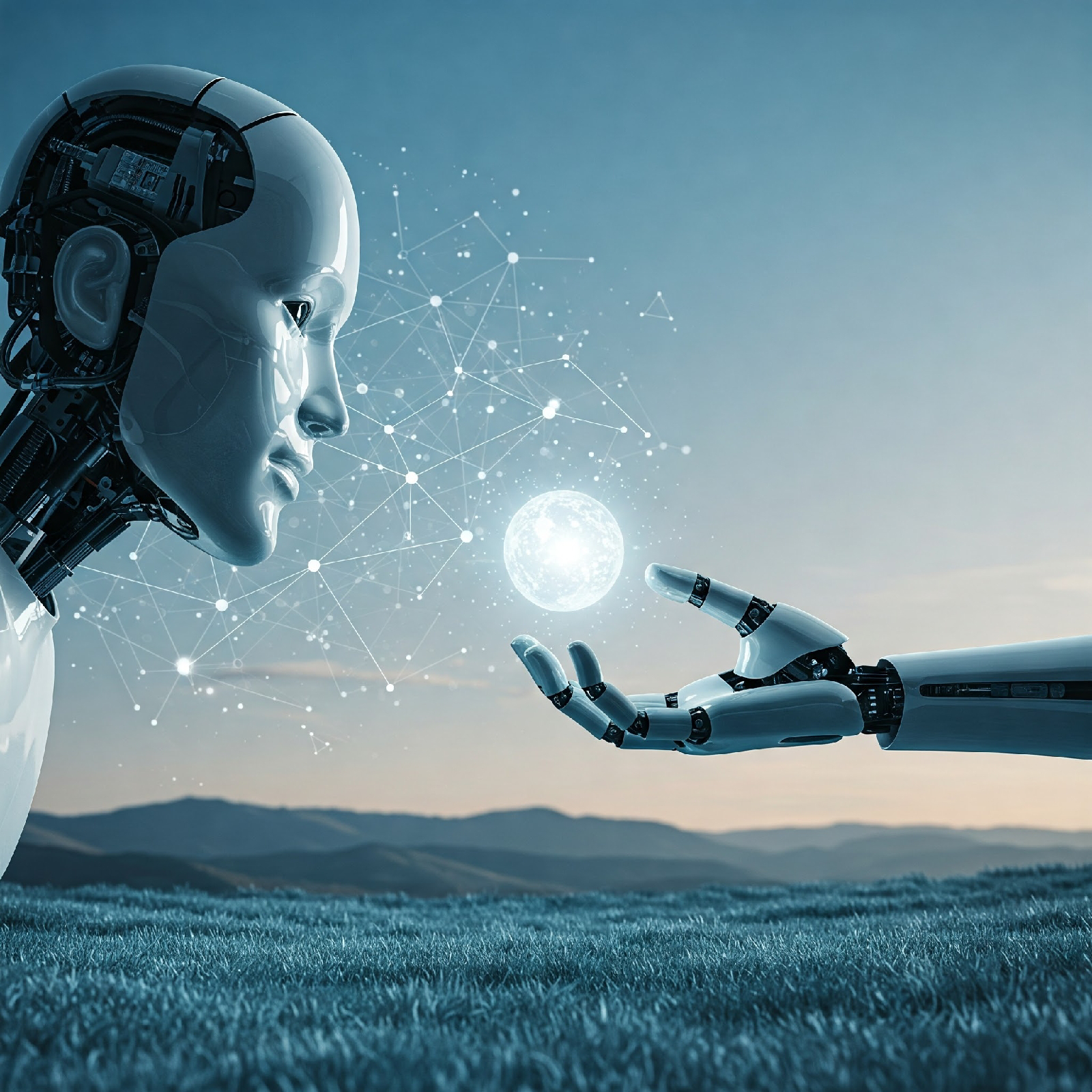Google and OpenAI: How AI Agents Are Shaping the Future of Technology in 2025
Google and OpenAI: How AI Agents Are Shaping the Future of Technology in 2025
The pace of AI development is quickening every year. Today, AI agents influence everything from how companies serve customers to how doctors diagnose illnesses. Major tech firms like Google, OpenAI, and Anthropic are working hard to push these systems forward. They are training smarter, safer, and more useful AI models. Understanding how they do this is key to seeing where technology is headed and how it might impact our lives.
The Current Landscape of AI Development in 2025
Market Growth and Investment Trends
The AI market is exploding. Its value is forecasted to reach hundreds of billions of dollars within the next few years. Companies are pouring cash into AI research—Google alone invests heavily in DeepMind and Bard. Investors see AI as a major driver for business growth across industries. The constant flow of funding fuels new ideas and faster progress.
Major Players and Their Strategies
Google’s focus includes deep learning research through DeepMind and its conversational AI system, Bard. OpenAI remains famous for its GPT models, especially GPT-4, which boosts many applications via APIs. Anthropic emphasizes safety and alignment, creating AI that is more predictable and less biased. Each of these companies is trying to perfect AI that’s not only powerful but also trustworthy.
Impact on Industries
AI is transforming healthcare by assisting in diagnosis and treatment plans. In finance, AI helps detect fraud and analyze markets faster. Customer service sees a new world with smarter chatbots. For example, banks now use AI to flag suspicious activities, cutting down on scams. These advances make services more efficient and safer.
How Leading Tech Companies Are Training AI Agents
Data Collection and Curation
Training AI starts with data. Companies gather info from public sources like the internet as well as proprietary datasets they create themselves. They carefully select and clean this data to ensure quality. Privacy questions are critical, so firms follow laws like GDPR and CCPA to protect user information.
Model Training Techniques
AI models learn in different ways. Supervised learning uses labeled examples to teach the system, while unsupervised lets the AI find patterns on its own. Reinforcement learning rewards AI for reaching goals. Recent improvements include transfer learning, which helps models adapt quickly to new tasks, and fine-tuning, which refines AI behavior after initial training.
Safety and Bias Mitigation
Safety isn’t just a bonus; it’s a necessity. Companies develop methods to reduce bias and make AI less likely to behave unpredictably. Human oversight plays a big part, with experts guiding AI in tricky situations. Research focuses on aligning AI goals with human values to prevent errors and ethical issues.
The Role of Training Data Quality and Volume in AI Performance
Data Volume Trends and Their Impact
The larger the dataset, the better the AI. Models like GPT-4 trained on billions of words and images. Larger datasets give models a richer understanding. This scale helps AI perform more complex tasks, such as understanding context or reasoning.
Ensuring Data Quality and Relevance
Massive data isn’t enough on its own. Cleaning and annotating info makes it useful. Including diverse data ensures AI can handle different languages, cultures, or scenarios. The more representative the data, the fairer and more accurate the AI becomes.
Real-world Data Challenges
Raw data often has noise—errors, duplicate info, or biases. Handling this is a challenge. Techniques like filtering and validation help improve robustness. AI training now focuses on reducing unfairness and making AI systems fairer and more reliable.
Innovations and Breakthroughs in AI Agents for 2025
Advancements in Multi-modal and Explainable AI
Today’s AI can analyze images, speech, and text at once. This multi-modal approach makes AI systems smarter and more versatile. Explainable AI offers clear reasons behind decisions, building user trust and making AI more transparent.
Development of Autonomous AI Agents
Google is working on agents like “Agent Smith,” capable of handling multiple tasks without constant human input. OpenAI’s autonomous systems can now perform long-term projects, such as planning complex workflows. These agents are becoming more independent, handling tasks across many fields.
Future Trends in AI Capabilities
AI is expected to get better at reasoning, creating new content, and adapting quickly. The idea of general artificial intelligence—AI that can do nearly anything a human can—is now more than just a dream. These advances could change how we work, learn, and live daily life.
Ethical, Legal, and Societal Considerations
Data Privacy and Security Concerns
With more data used to train AI, protecting user privacy is vital. New laws make sure companies handle data responsibly. Secure methods prevent hacking and misuse, keeping people safe.
AI Safety and Bias Challenges
AI can unintentionally cause harm or reinforce bias. Industry leaders are setting standards to prevent this. They test AI systems thoroughly and update them regularly to improve safety and fairness.
Preparing Society for AI Integration
Education and retraining are needed as AI takes on more jobs. Society must understand how AI works and its limits. Responsible development includes thinking about the social impact and making sure everyone benefits.
Key Takeaways and Actionable Insights
Google, OpenAI, and Anthropic are leading the charge in training advanced AI agents. Their focus on large, high-quality data improves AI capabilities. To make the most of this technology, businesses should prioritize ethical data use and safety. As AI continues to evolve, its promise lies in creating smarter, safer tools that help society grow. Staying informed and acting responsibly will shape a future where AI serves us all better.
Conclusion
AI is no longer a concept for tomorrow—it’s here today. Companies like Google, OpenAI, and Anthropic are building smarter, safer AI agents using vast, diverse training data. These systems are boosting industries and changing how we live and work. By understanding their methods and challenges, we can better prepare for a future powered by AI. The key is balancing innovation with responsibility. The future of AI depends on how well we handle data, safety, and ethics now.
References
- Business Insider: Google, OpenAI, Anthropic push AI boundaries (Link)
- Industry reports on AI market growth and investments
- Expert analysis from leading AI researchers











